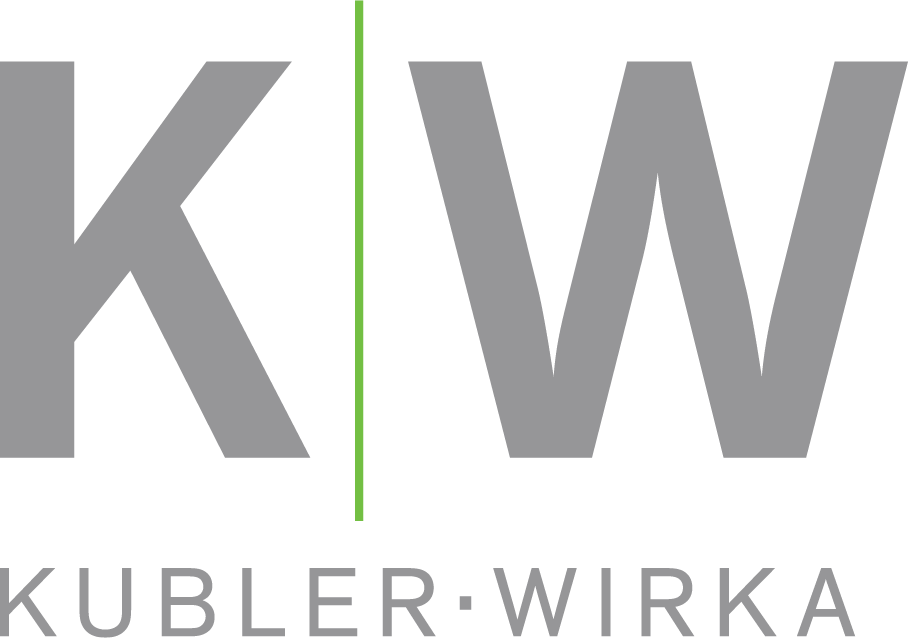KW principals MaryJane Kubler and Karl Wirka combine complementary backgrounds with an expansive skillset in a national practice dedicated to the idea that the nation is made greater by a nonprofit sector made stronger. This Q&A explores their passions, priorities, and personalities.
Q&A with KW
How did you become interested in nonprofits?
Kubler: My first job after leaving graduate school was working as a youth planner for the City of Boston. I was inspired by and exposed to amazing organizations and people who were serving the City’s kids and doing work that had real impact often with limited resources and sometimes under difficult circumstances. These early experiences, along with a Jesuit education, played a big role.
Wirka: I loved visiting libraries and museums when I was a kid. I rode my bike to the local library and even as far as the Huntington Library and Gardens in nearby Pasadena. It wasn’t lost on me that they were free, for the benefit of everyone. After college, I spent a year teaching in western Kenya, returned home, and started working in nonprofit communications and fundraising. I’ve always gravitated towards organizations that serve the public.
What defines your approach to the work?
Kubler: Because it’s the two of us as principals, we are involved with every phase of the work regardless of the size of the team we might field. We’re at every meeting. We touch every aspect of the project.
Wirka: We stand on our ability to understand the problem and to approach challenges and opportunities from multiple perspectives. Rather than delivering "answers" and disappearing, we try to provide tools to implement changes over time. We feel like that’s the best use of a consultant.
What do you look for in a new engagement?
Kubler: We look for conditions for the work to be successful. We spend a lot of time with prospective clients asking important questions and clarifying roles before we sign on. A client’s willingness to engage with the work and make decisions is critical.
Wirka: We meet each client where they are. We look to build a level of rapport and trust, of us and the process, before we can start talking about setting new priorities, changing how fundraising gets done or re-organizing governance.
What do you consider a successful outcome?
Kubler: We consider it a successful outcome when we help the client solve the business problem or achieve the business opportunity they identified at the outset. And I use the word “business” even though they’re non-profits.
Wirka: We try very hard to instill in our clients a new framework, a way of looking at and evaluating opportunities and challenges, to be more analytical, to think broadly and deeply. If we can reach that point, that is a good outcome.
What’s your advice for someone seeking a consulting partner?
Kubler: Working with an outside consultant is an investment in the future of your organization, so it should be treated very seriously. Share what you know and don’t know.
Wirka: It starts with the first conversation. Share your situation with us, let us ask questions, give us your honest answers, tell us frankly what you are trying to figure out. That lays a foundation for everything that follows.
Name three book titles that describe you.
Kubler: Why Football Matters, by Mark Edmundson, because I love football strategy and teamwork. Charlotte’s Web, by E. B. White, because it’s about friendship, loyalty and trust. And then pretty much any well-written book in the spy and mystery detective genre. I am a big fan of Tana French and Charles Cumming—they both involve problem solving and offer a rich diversion.
Wirka: In terms of attitude and sense of purpose, I look to Leaves of Grass as my personal compass. Walt Whitman has a sense of optimism and possibility that’s impatient and persistent. That’s a good description of my personality.
